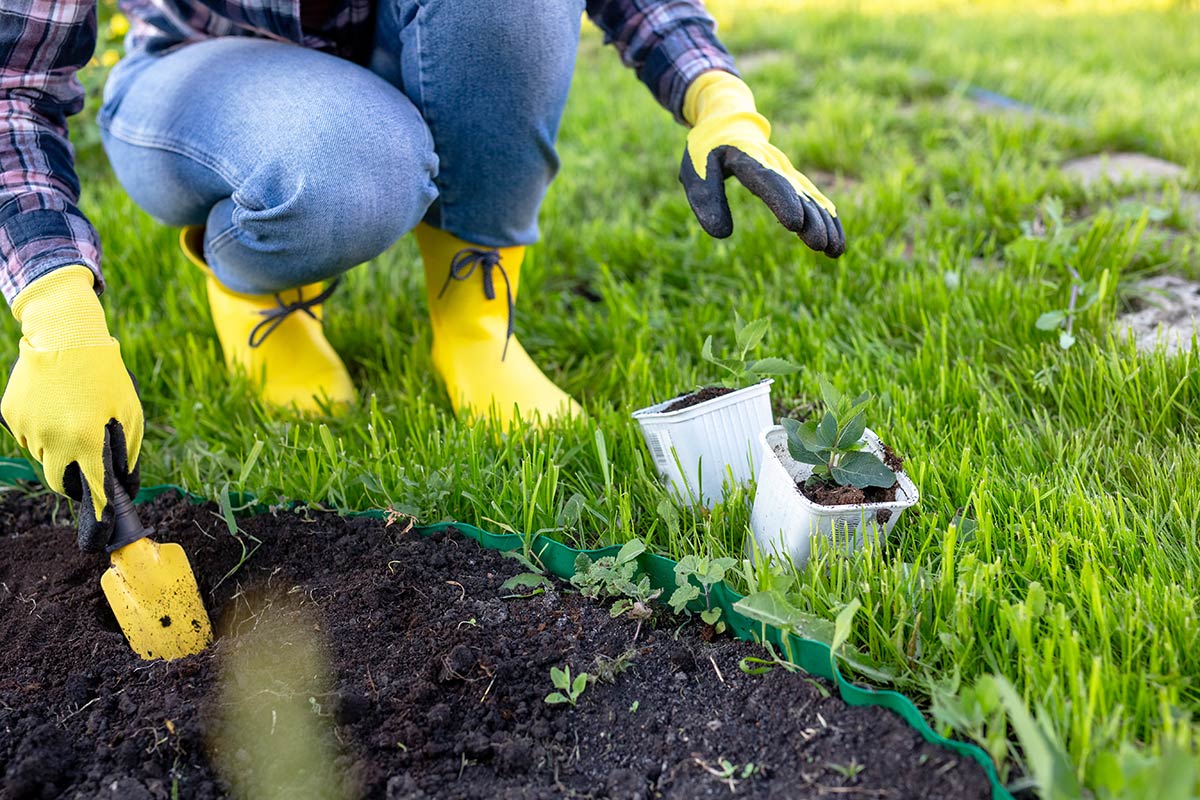Is it cold weather yet? The very first half of December is considered to be mild, but the cold weather may hit hard during the second part of the month. Any type of frost sensitive plants that are in containers need to be brought in to be covered. You want to make sure that you apply frost protection to any plants that are sensitive to the cold, if there is a freeze warning. You can use fabrics like N-Sulate, old sheets, or burlap. You should never use plastic as it will cause the plants to burn where they are in contact with it.
Aloe plants will also continue to bloom during December. So look for blooming:
- Jojoba
- Mount Lemmon Marigolds
- Cascalote
- Paperflowers
- Shrubby Bulbine
- Desert Marigold
- Chuparosa
- Firecracker Penstemon
Ice plants will be growing actively as well as plants like Dudleya, succulent geraniums, echerveria, cotyledon, and Kalanchoe.
If you have to place decorations for the holidays on your trees and plants, please be sure to wrap them around your plants and trees loosely and be sure to remove the decorations once the season is over. Don’t place any costumes on Saguaro cacti or other types of columnar cacti, as this stops the cacti from being able to photosynthesize. But, placing lights on any frost sensitive succulents and cacti can help to add a few degrees of protection during the cold months.
The yuccas of the Chihuahuan Desert like the Beaked Yucca and Faxon Yucca may easily rot whenever it is cold and wet. Be sure to plant them in well-draining soil and if they happen to be on a drip system, then ensure that it is turned off. The Mohave Desert Yuccas will be actively growing during this time period, like the Mohave Yucca and the Joshua Tree.
If rain during winter has happened, then you may have weeds. Continue to weed your plants, so that the spring won’t have you trying to catch up. Some weeds that you can find in your garden during winter are:
- Sowthistle
- Hoary Bowlesia
- Red Brome
- London rocket
- Bur clover
- Arabian and/or Mediterranean grass
- Prickly lettuce
- Many mustards
- Filaree
- Cheesewood
Watering
Any winter dormant container plants need to be watered once a month or less. Winter growers that are in containers will need to be watered once per week depending on the weather. Irrigation timers need to be off. Giver your landscape plants deep watering at least once a month. Vines, groundcovers, Annuals and herbaceous perennials need to be watered to a depth of 1 foot. Water shrubs need to be up to 2 feet and trees need to be up to 3 feet. Wildflower seedlings will need to be watered once every 2 weeks or at least once a month if there has been no rainfall. Water vegetable and herb plants as needed to no more than 12 inches.
What to plant
Continue to plant succulent winter plants like ice plants such as Dudleya and Kalanchoe.
Native plants to transplant:
- Desert marigold
- Fragrant evening primrose
- Blackfoot daisy
- Brittlebush
- Penstemons
- Globemallow
Herbs to transplant:
- Johnny jump-ups
- French Sorrel
- Pennyroyal
- Feverfew
- Roman and German chamomile
- Calendula
- Salad burnet
- Borage
Herb Seeds to Sow:
- Parsley
- Hollyhocks
- Florence Fennel
- Fennel
- Dill
- Chicory
- Chervil
- Caraway
- Borage
- Cilantro
Vegetables to transplant:
- Kohlrabi
- Cauliflower
- Cabbage
- Leaf and head lettuce
- Asparagus
Vegetables seeds to sow:
- Turnips
- Spinach
- Radishes
- Peas
- Green onions
- Mustard greens
- Collards
- Carrots
- Bok choy
- Beets
Pruning
Continuing to prune deciduous trees like the Chaste Tree, Cat-Claw Acacia, and Desert Willow. Don’t prune Palo Verdes or Mesquites. Resist your urge to prune the damage to any plants because of the frost and be sure not to prune cold sensitive plants. Just wait until spring. Many agaves will be semi-dormant during this time and the dead, old leaves may be removed by gently pulling them from the base. Resist the urge to pull off the dead leaves that are firmly attached, as this may damage the base of your agave plant.
Fertilization
Landscape and container plants won’t have to be fertilized until it is springtime. You may keep fertilizing winter vegetables if it is needed.
Problems
Aphids can be found on your winter herbs and vegetables. Before you spray for aphids or remove them with insecticidal soap and water, you need to make sure that there is not any type of beneficial insects that are working for your plant.
Tree Removal Services In The Phoenix, Arizona
If you need tree removal services anywhere in the Phoenix Valley, give Arbor Care a call today at (480) 797-5566 or receive a free tree removal estimate in Phoenix. Our Service area includes Phoenix, Tempe, Chandler, Gilbert, Mesa, Tempe, Scottsdale, Glendale, Peoria, and Surprise, Arizona.





